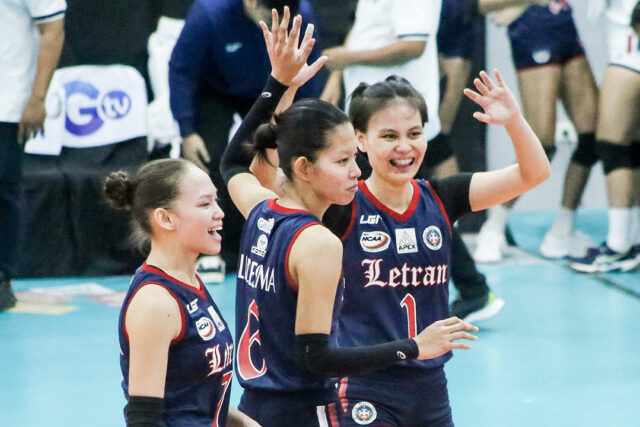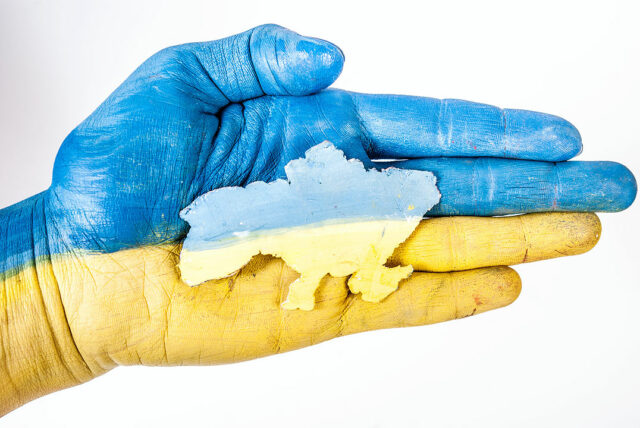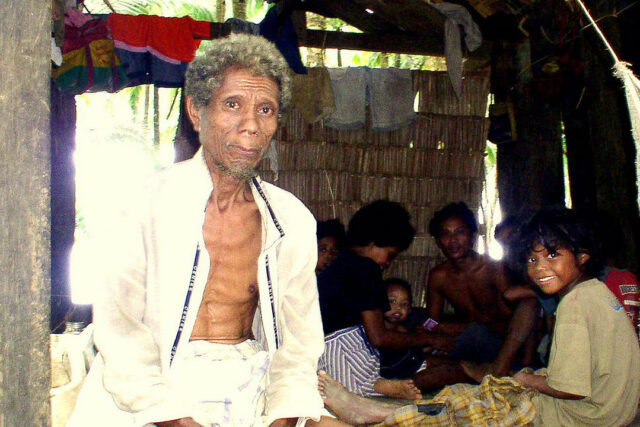All our efforts to achieve economic growth and create wealth will amount to nothing if we leave behind depleted resources and a damaged environment for future generations.
In fact, we are already feeling the effects of this: climate change is taking its toll on the world’s most vulnerable countries, and, within those countries, the most vulnerable communities. In terms of plastic pollution, the Philippines is the third-largest contributor to plastic waste worldwide.
Indeed, development is not genuine if it is not sustainable.
The Stratbase ADR Institute and Philippine Business for Environmental Stewardship (PBEST) held a roundtable discussion on Feb. 23 entitled “The Philippine Circular Economy Agenda: Integrating Sustainable and Strategic Waste Management Systems.” Experts from the government, business, and civil society joined us to help shed light on the issue of cooperation towards solutions to this end.
Department of Environment and Natural Resources (DENR) Undersecretary Carlos Primo David said that the common understanding of “sustainability” is that it is a precarious balance between economic development and environmental protection. But there is a third aspect, he said: social welfare. Waste to energy is not just an environmental issue but a social one, and solutions to this end must be part of an integrated strategy for the good of all.
The mitigation hierarchy that is common in climate change issues may also very well apply to solid waste, he said. “It starts with avoidance, then reduction of impact, then rehabilitation, then offsetting.”
The implementing rules and regulations of the Extended Producer Responsibility Act of 2022 was signed last month by DENR Secretary Maria Antonia Yulo-Loyzaga. They are required to implement their own Extended Producer Responsibility (EPR) programs to process plastic packaging waste for recycling and reuse instead of discarding them in landfills and to prevent its leakage into the environment, especially our waterways. The law requires enterprises to offset their plastic packaging footprint by 20-80% beginning this year until 2028.
But while the law is good, it is its implementation that would spell the success or failure of the program, Mr. David said. “For our part at the DENR, we hope to make the EPR procedures as straightforward as possible, with less paperwork, and focus first on the registration of all plastic producers.”
The Director of the Environmental Management Bureau, Gilbert Gonzales, said that the shift from linear (take-make-sell-use-waste) to the circular economy is indeed transformative. The circular model yields greater benefits including economic growth and sustainability, more equally shared benefits and a more sustainable relationship with nature.
Nazrin Castro, Branch Manager of The Climate Reality Project Philippines, said a circular economy aligns well with the global and national agenda on climate resilience and sustainable growth.
She said the Philippines is a top contributor to plastic waste, next only to Indonesia and China, but they are also looking at plastics from a carbon-emission and global-warming perspective.
“Shifting to a circular economy is a pathway that can help address our addiction and dependence on plastics which is aggravating the climate crisis as well,” she said.
Carlo Chen-Delantar, a pioneer of Circular Economy from the Ellen MacArthur Foundation Philippines, said that in implementing the EPR law, what are important are localizing the program, understanding the supply chain, understanding the industrial symbiosis, and appreciating how each step in the value chain works.
Alexander Cabrera, vice-president of the Management Association of the Philippines, said the government must provide incentives and impose taxes on business to address the country’s waste problem.
“There must be an incentive integrated in the EPR or supplement to it when collecting your plastic or repackaging in order for your products to be more environment friendly. Meanwhile, the compulsion of taxing end-of-life plastic use will force people to reinvent their packaging because they don’t want to pay tax. It’s not a question of whether it can be done or not, it’s a question of political will,” Mr. Cabrera said.
What I found most heartening during the forum was the release of a survey conducted by Pulse Asia, commissioned by Stratbase, saying that 83% of Filipinos prefer to patronize products and services of brands that have environment friendly operations and products. The survey was conducted between Nov. 27 and Dec. 1 last year. The findings were presented by Pulse Asia President Ronald Holmes.
“The message is clear,” Mr. Holmes said. “Filipinos know that there are certain things that are happening in the country that require us to be more socially conscious. The question now is whether industries or firms will be able to cater to this preference.”
In adopting a circular economy, the government plays a key role in creating and implementing policy, including providing incentives to occasion certain behavior. The private sector contributes through its investments and programs that enable circular business models. Some large-scale enterprises have taken the challenge, thus creating jobs, new revenue streams, and sustained livelihood for Filipinos especially in the waste management industry. After all, while companies need to be efficient in their processes to maximize profit, they must consider the impact of their operations on the environment. Meanwhile, civil society must keep watch and hold the government and the private sector accountable for their action — or inaction.
Environmental stewardship is one of the key advocacies of Stratbase and PBEST. Every one of us, not just the government, has the responsibility to ensure that the resources we enjoy are used productively and prudently not just for ourselves but for future generations. We do not own the resources, we are but its stewards, and so we must act responsibly and considerately not only for ourselves but, most importantly, for our children and our children’s children.
Victor Andres “Dindo” C. Manhit is the president of the Stratbase ADR Institute.











